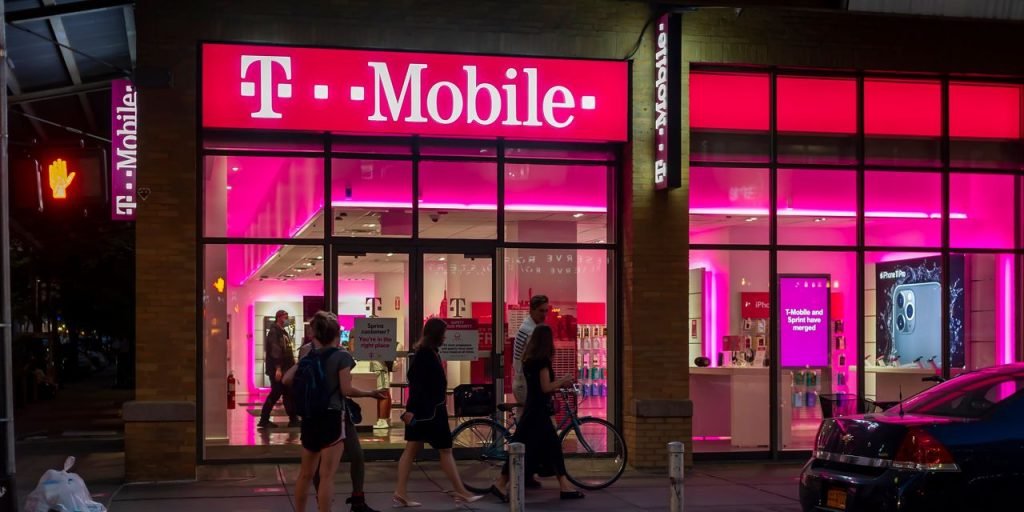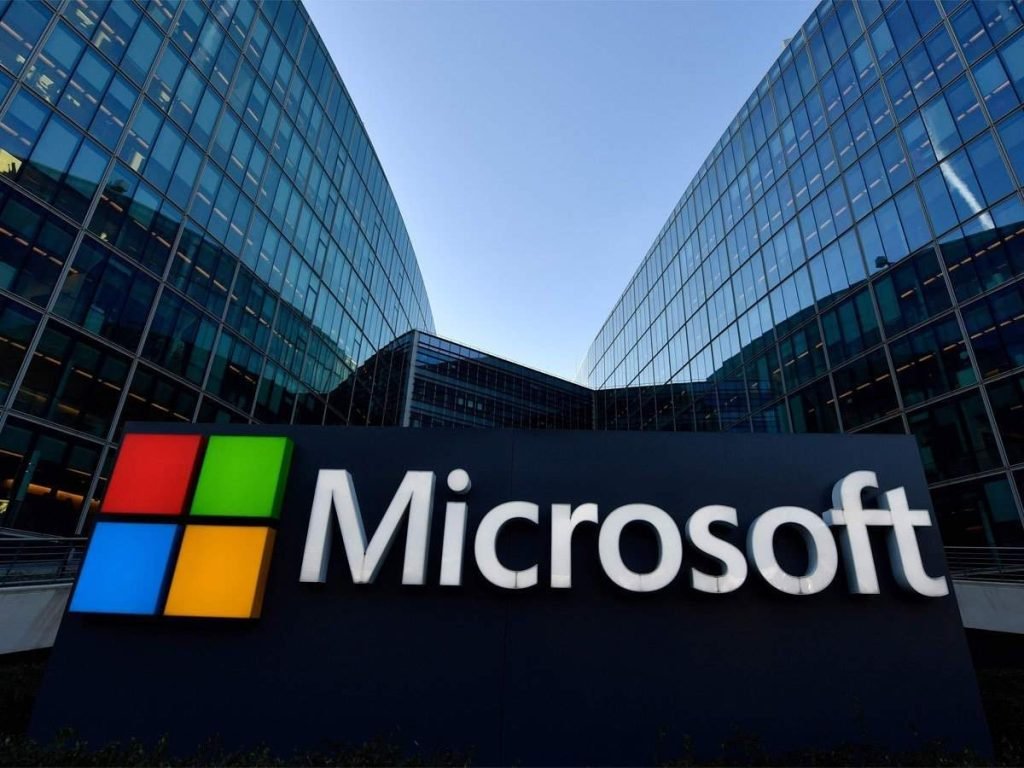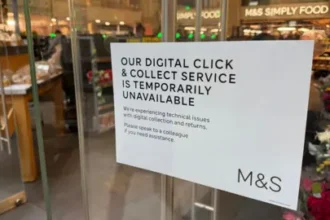As the year finally comes to an end, I have curated a list of what we consider the most devastating hacks of 2023.
If you are not updated on cybersecurity issues, it’s time to catch you up to speed. We are talking about cyberattacks on casinos to state-sponsored attacks on critical infrastructure.
We can all agree that 2023 has been a year filled with a roller coaster of escalating political unrest and violence.
But with the technology we have today, we should expect a more innovatively offensive hacking technique.
Well, the opposite is the case as we encountered major classic cyberattacks such as ransomware and phishing.
It’s safe to assume that the cybersecurity issues will continue in 2024, as usual. Zooming through from January to December, behold this year’s worst leaks, breaches, ransomware attacks, etc. to name a few.
Okta
In October, the identity management platform announced that about 1% of its 18,400 customers had their data stolen. But a later assessment by the platform in November exposed that all of its customers had their data stolen in the breach.

From the initial assessment, the company only noticed activities where the attackers used the stolen data to access an Okta Support account that handles customer system access for assisting users in troubleshooting. But somehow missed other activities, like an automated query of a database that contained information of all Okta customer support users and employees.
As the saying goes, “nowhere is impenetrable”, the company which is known for providing security services to other companies has a history of breaches like the high-profile incident it had in 2021.
Caesars Entertainment & MGM Resorts

Although these are two different hospitality groups, I will put them together because the same group hacked them. The cybercriminal group in the spotlight is the notorious Alphv ransomware group, and the attack on MGM was huge.
MGM Casinos and properties around the world took a massive hit in September, causing severe system outages. It spanned from hotel keycards not working to ATMs and slot machines going dark.
Note that as this was going on with MGM properties, Caesars Entertainment was also getting hit at the same time. But with Caesars Entertainment, it wasn’t a system outage issue but a data breach. This saw many of their loyalty program members’ credentials, such as driver’s licenses and social security numbers being stolen.

The story came to light during a US regulatory filing in September and according to The Wall Street Journal, Caesars paid close to $15 million of the initial $30 million the attackers asked from them with the promise of not releasing the stolen data. Unlike Caesars Entertainment, MGM reportedly did not pay a dime.
MOVEit
This is what some would consider one of the most powerful hacks of 2023, as we are not talking about just one but a series of consecutive data-breaching attacks. It all began in May when a Russian-based data extortion gang “Clop” found a loophole in a popular file transfer software known as MOVEit.

This allowed the hackers to steal data from a long list of businesses and government entities such as the United States Department of Energy, Louisiana Office of Motor Vehicles, British Airways, and Shell, only to name a few.
Although Progress Software, the company that makes MOVEit fixed the bug, the deed had already been done, leaving the bodies of victims in its wake. Until now, firms are still opening up about related attacks and there is a 98% possibility of its continuation in 2024.
T-Mobile

To me, the list doesn’t feel complete if there is no mobile network carrier company on it. That brings me to T-Mobile, which had not just one breach but two consecutive breaches in 1 year. The first breach started last year in November, and ended in January 2023, affecting approximately 37 million current customers.
The attackers got away with customers’ names, phone numbers, addresses, dates of birth, account numbers, and service plan details.
But the next breach, although significantly smaller in scale than the first, was more dreadful to the 800-plus unfortunate customers.
This is because the attackers stole crucial information such as full names, home addresses, date of birth, social security numbers, government ID details, and a T-Mobile account pin.
LastPass

In February 2023, the popular password manager disclosed that it suffered from a cyberattack incident for the second time in 6 months. The first hack occurred in August 2022, when someone tampered with copies of encrypted users’ password vaults. However, the second attack made the company realize that this was more devastating than they originally thought.
A diagnostics of the situation showed that the attackers first hacked into the home computer of one of the company’s senior engineers. This was someone who had top-tier access to LastPass’s most sensitive systems and logins. Allowing them free rein into an Amazon S3 cloud storage, critical database backups, production backups, and some other cloud storage.
For a company whose sole job is to keep your passwords safe, I consider this breach a trust-breaking devastation.
Microsoft and Chinese Government Hackers
Saving the best for last, in this case, the worst. It’s still a shock at how Microsoft ended up on this list after all the warnings. From the beginning of May, the US National Security Agency and its allied intelligence services have been warning organizations in the US about a group known as Volt Typhoon set on the agenda of exploiting US critical infrastructure.

The Beijing government sponsors this group, as well as other Chinese hackers, as part of their Zero-day vulnerabilities exploitation and weaponization agenda. They collect the data through a clause in the country’s law that requires vulnerability disclosure and, of course, through research.
In June, Microsoft announced that an immensely sensitive cryptographic key was stolen from the company’s system by the hacking group. This key allowed access to the cloud-based outlook system of 25 organizations including several US government agencies.
There are a lot of ways you could fall victim to these vicious cyberattacks. You just need to be careful where you send your data and the company you trust. Hackers can even breach NASA, the Pentagon, or even the White House. Good luck and stay safe














